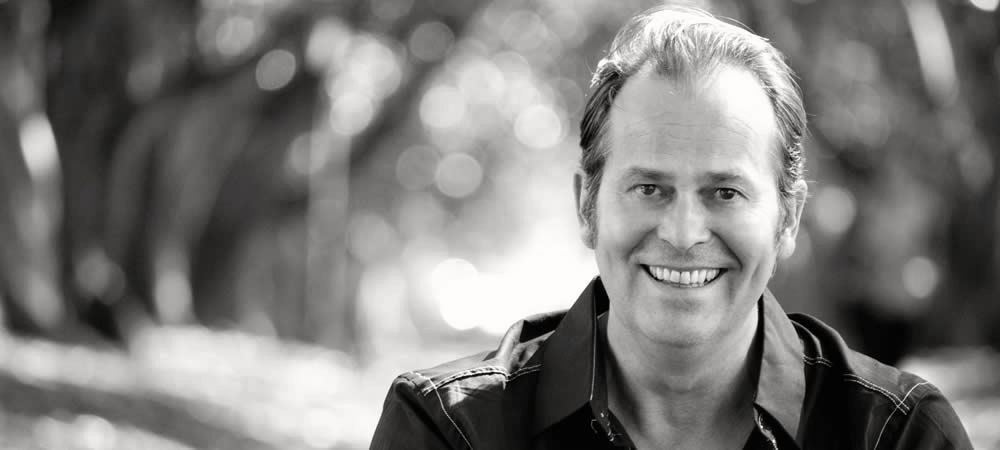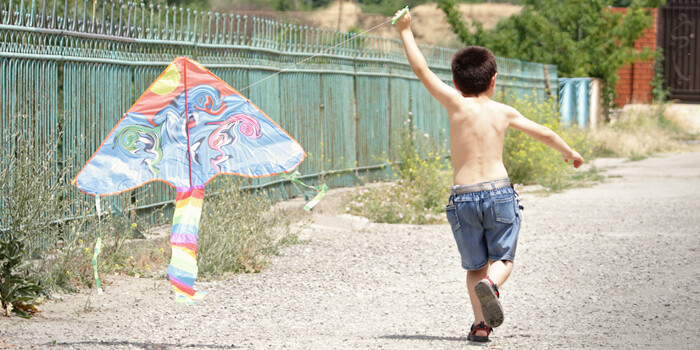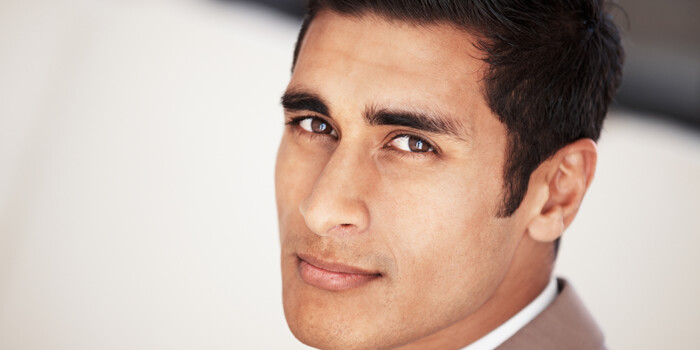Philosophy & Vision
My work is motivated by a strong passion to contribute to the creation of world peace.
I believe the collective power of each of us creating our own inner peace is tremendous. As such, I speak and write widely on emotional healing and re-education, and spiritual renewal, through the exploration of early childhood conditioning.
Background
I have been the director of the Hoffman Centre Australia for the past 18 years. I was personally trained by Robert Hoffman in the late 1980s and am a Supervising Teacher of the Process.
Services
Experiential workshops, including the eight-day residential Hoffman Process, which focuses on the integration of the four aspects of self; physical, emotional, intellectual and spiritual, as the key to personal healing, freedom and growth.
Quality Provision
Ongoing personal and professional development.
Areas of Special Interest
Accreditations
- Diploma in Self Psychology (MCCP)
- Master in Experiential Psychotherapy
Modalities
Existential - Experiential - Process Oriented - Psychodynamic - Self Psychology - Somatic Psychotherapy - Transpersonal
Therapy Approach
My professional background is in Family Therapy and Self-Psychology as well as in organisational development.
Professional Associations
- Australian Association of Family Therapy
- Melbourne Institute for Experiential and Creative Arts Therapy
Practice Locations
3/230 Toorak Rd
South Yarra VIC 3141
Byron Bay NSW 2481
Languages
English
German
Contact Volker
Please contact me to make an appointment

A conversation with Volker Krohn
-
In my 20s I embarked on a journey of trying to find my "Self'. Having grown up in a good upper middle class family in Germany, I could not find any life satisfaction from participating in the consumer "economic miracle' of post -war Germany. So I left, as many other young people also did at this time, to find "enlightenment', by travelling through India, participating in meditation retreats and listening to wise Indian men, who basically told me that I was a "Buddha' already, that my “suffering was bogus†and that I was truly “bliss, love and freeâ€.
Even though this sounded great, I continued to experience a discrepancy between those "enlightened' statements and my experience of myself. So I started to investigate cognitively and emotionally, through therapeutic models, this discrepancy between my "original Buddha nature' and my lived life experience.
Then, when I turned 30, I participated in a program called the Hoffman Process and it changed my life. For the first time I really experienced myself as innately "lovable' and that love was the basis of all human relatedness. I was invited by the founder Bob Hoffman to participate in the first training course conducted here in Australia. Since then, I have continued to participate in various forms of psychotherapeutic trainings to help me develop both personally and professionally. -
From my exploration of various Spiritual practises over the years, like Yoga, Vipassana meditation, Tantra, Animism, Existentialism, Prayer, etc. I have come to the realization that human consciousness can evolve to an experiential connectedness with existence. The structure of our personality and behaviour is very much influenced by the familial, social and environmental conditions that we as humans were exposed to as children.
Breakdowns and deficiencies in the interpersonal relationship with our primary caregivers can result in a more or less repetitious conflict between our thinking and feeling functions. This subconscious adaptation develops within the individual in order to buffer the pain and loss associated with those fundamental feelings of "unloveability' and "not belonging'. This engenders a collapse in being able to distinguish between "describable reality' and "ones personal interpretation' which in turn perpetuates the compulsive repetition of breakdowns in both interpersonal and intrapersonal relationships.
As we learn to take responsibility for the fixations of our thoughts and the unfulfilled passions of our emotional self, we can find a door to open up to a more peaceful, more connected and more mindful sense of being in the world. -
Many people that I see in my practise suffer from depression, anxiety, interpersonal breakdown, interpersonal defensiveness and reactivity, resulting in a sense of frustration with life and an inability to make change.
As human beings we cannot avoid suffering, however we can learn to suffer well. I have a deep interest in the human experience and the various environments and dimensions we inhabit. When we are reflected in our experiencing, with benevolent eyes and understanding, I have witnessed the power of change and healing that can occur. Helping people to be able to live with an open heart towards first themselves and then, consequently, toward others, is what provides meaning for me in my work. -
I am trained in various therapeutic modalities. I first practised as a Naturopath and deep connective tissue body worker. Since becoming a Psychotherapist, I have trained as a Family Therapist, as well as in Bert Hellinger's Family Constellation work, as a Hoffman Process Facilitator, Inner Child work, Self Psychology , Trauma work, the Enneagram System, Voice Dialogue, and Arts Therapy. I also very much believe in the healing properties of developing an appropriate sense of humour and being able to laugh at one's Self.
My over all approach is very client focussed. Depending upon whatever real life issues have brought the person to me, I will modify my approach. As I come from a strong inter-subjective perspective and it's implied equality with a client, I favour process-orientated modalities. Helping people to experience a consensus with another person about what actually occurred, free of subjective interpretation, is the first step to becoming aware of the part in us that creates meaning and the patterns that we might follow.
Once that awareness is established, I try to provide a safe environment for people to do their emotional release work, so that the client can operate in his or her daily life with a higher level of mindfulness, authenticity, emotional robustness and personal agency. -
I believe very strongly in establishing a clear therapeutic goal for my clients. Once that is determined, we look at the hindrances that obstruct the achievement of that goal. By focusing on an individuals patterns and the trigger points that ignite issues, I can accompany them in making self directed choices and forging change. I also frequently check in with my clients to see whether the work is beneficial and what has changed in their experience of themselves and the world around them.
Clients that also commit to participating in the Hoffman Process (an 8 day intensive deep, short- term therapy) usually feel an immediate reduction of their symptoms after the completion of the course. The integration of the experience can vary and is dependent on the client's commitment to heal and to honour themselves and others. -
All the inner work that I have done over the years, has helped me to develop a greater willingness to experience anything that comes to meet me in life. It has also made me more aware of my own personal emotional trigger points. Having grown up in a family that had high expectations of me, I used to project onto my partners, that they also had such high expectations of me and that I was responsible for fulfilling those needs for them. This put me under a lot of pressure and led to over-responsibility. Together with an inability to express my own needs in relationship or to believe that I had any right to any needs, I created over time, a build up of resentment. I expressed my resentment by either becoming withdrawn, withholding, being grumpy or simply cancelling the relationship and moving on to a new one and repeating the same dynamics.
Therapy has helped me to become more conscious and to change my ability to balance the need to take care of myself and the need to take care of others. It helped me to grow in love within my marriage and towards my children and not only to embrace my emotions and vulnerabilities but also to be more grounded in my Being. -
I have a deep interest in people. I enjoy being able to be with others in a meaningful way. I love to see people transform and to be able to live more fulfilled lives. I always learn from clients and I am deeply grateful for the trust that they put in me. Helping to change consciousness gives me meaning in my life.
-
Looking at my receding hairline I have to answer "yes'. As Buddha used to say: “Life is suffering.†We cannot escape it. We all have to face our own mortality and loss in different ways. We are confronted at times with a sense of meaninglessness in life. We are the one's who make that meaning. And if we do not trust the authority of our own knowing, then we can really struggle. When I have a "bad hair day', I try to suffer well.
-
The Beatles named it in the 1960's - "All you need is Love'. Thousands of years of War, Pestilence, Plague and Catastrophe and the resulting trauma reaction, has left many people bereft and disconnected from their essential self and the ability to recognize the innate connectedness of existence and our inherent loveability. In the 1st World, we live very time poor lives. In the pursuit of manufactured needs, there is not much time left for relationships - especially with our children and significant Other.
Today, people's need for belonging is conducted over social media, where a "public face' is created and displayed for general consumption. This can engender an anxiety about being judged by their community for falling short of perceived social expectations and further separate people from themselves and each other. -
I have found a lot of inspiration from the Irish poet David Whyte. Particularly the following poem titled "Self Portrait' which I have shared over the years with many of my clients:
Self Portrait
It doesn't interest me if there is one God
or many gods.
I want to know if you belong or feel
abandoned,
if you know despair or can see it in others.
I want to know
if you are prepared to live in the world
with its harsh need
to change you.
If you can look back
with firm eyes
saying, “this is where I stand'.
I want to know
if you know
how to melt into that fierce heat of living,
falling toward
the center of your longing.
I want to know
if you are willing
to live, day by day, with the consequence of love
and the bitter
unwanted passion of your sure defeat.
I have heard, in that fierce embrace, even
the gods speak of God.
David Whyte



